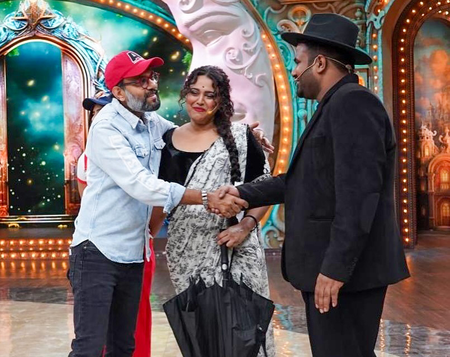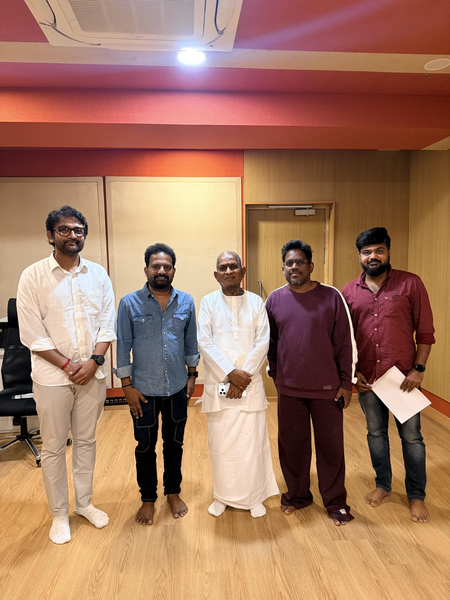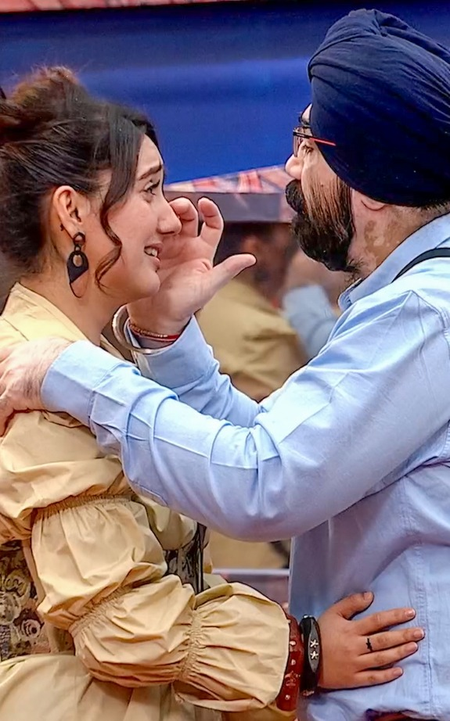
Mumbai, April 5 (IANS) Picture this: The golden hour slowly fading into dusk with the speakers on your Monte Carlo SS blasting Modern Talking’s ‘Cheri Cheri Lady’ as you drive down Miami’s Sunset Boulevard in the 1980s. The sunset crystallises into a million shades of orange, blues and pink, with a gentle breeze flowing through your Mullet-styled curls.
The arpeggio line of the track intensifies as you wake up in a different era. The raw furnishings of your car change to an interior with minimal designs on the dashboard. The era changes, the world around you changes, but ‘Cheri Cheri Lady’ is a constant.
Other genres of music, notably rock, symphony, hip-hop and flamenco, have sustained their fan following over the years, but it 80s synth-pop that has found a new life four decades later both internationally and in India.
The genre ruled Bollywood of the early 1990s with tracks such as ‘Yeh Kaali Kaali Aankhen’, ‘Neend Churai Meri Ishq’, which was ripped off from ‘Sending All My Love’, or even ‘Duniya Haseeno Ka Mela’, which featured Lord Bobby (Bobby Deol), have gone down in the pages of history as the most iconic songs of the era.
In the 1990s, synth-pop arrived a decade too late in India, but this time, with the world having become flatter since the closing decades of the last century, the rise of the genre in India has been parallel to its resurgence internationally.
In recent years, Badshah’s ‘Jugnu’, Diljit Dosanjh’s ‘Lover’ and Vishal Mishra’s ‘Soniye Je’ are driven by synth-wave tide in India.
And these have been in perfect sync with ‘Blinding Lights’ and ‘Starboy’ by The Weeknd, and a generous chunk of A.P. Dhillon’s discography, including his biggest hits like ‘Excuses’ and ‘Summer High’.
The AI behind the algorithms on streaming platforms is determining the choice of music for listeners by studying their content consumption patterns and drawing the Venn diagram of their taste in music.
The system works two ways. It also gives data about the kind of music being consumed by listeners when it comes to a larger audience. To leverage this choice, the marketing mavens chases the ‘trends’. And the recording studios, in their bid to play safe and ensure a higher ROI, start pushing for producing music that is in vogue.
The only difference between the two eras is that while in 1980s, the growth of synth-pop was organic, in 2020s it has been mediated by a heady cocktail of technology, data and new textures of sound. After all, even cyberpunk, which was a figment of the imagination back in the 1980s, is now a reality of our times.
–IANS
aa/srb




